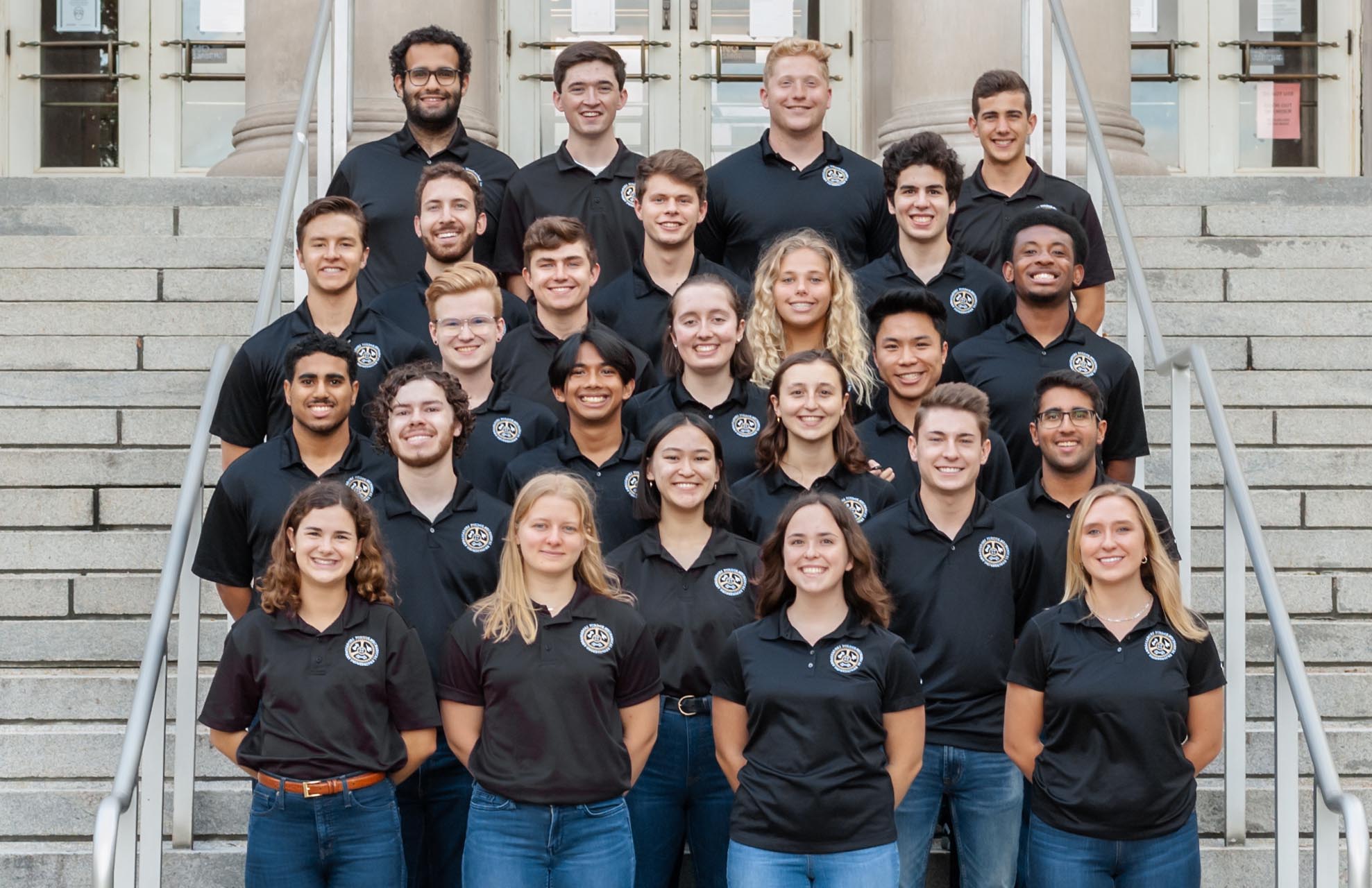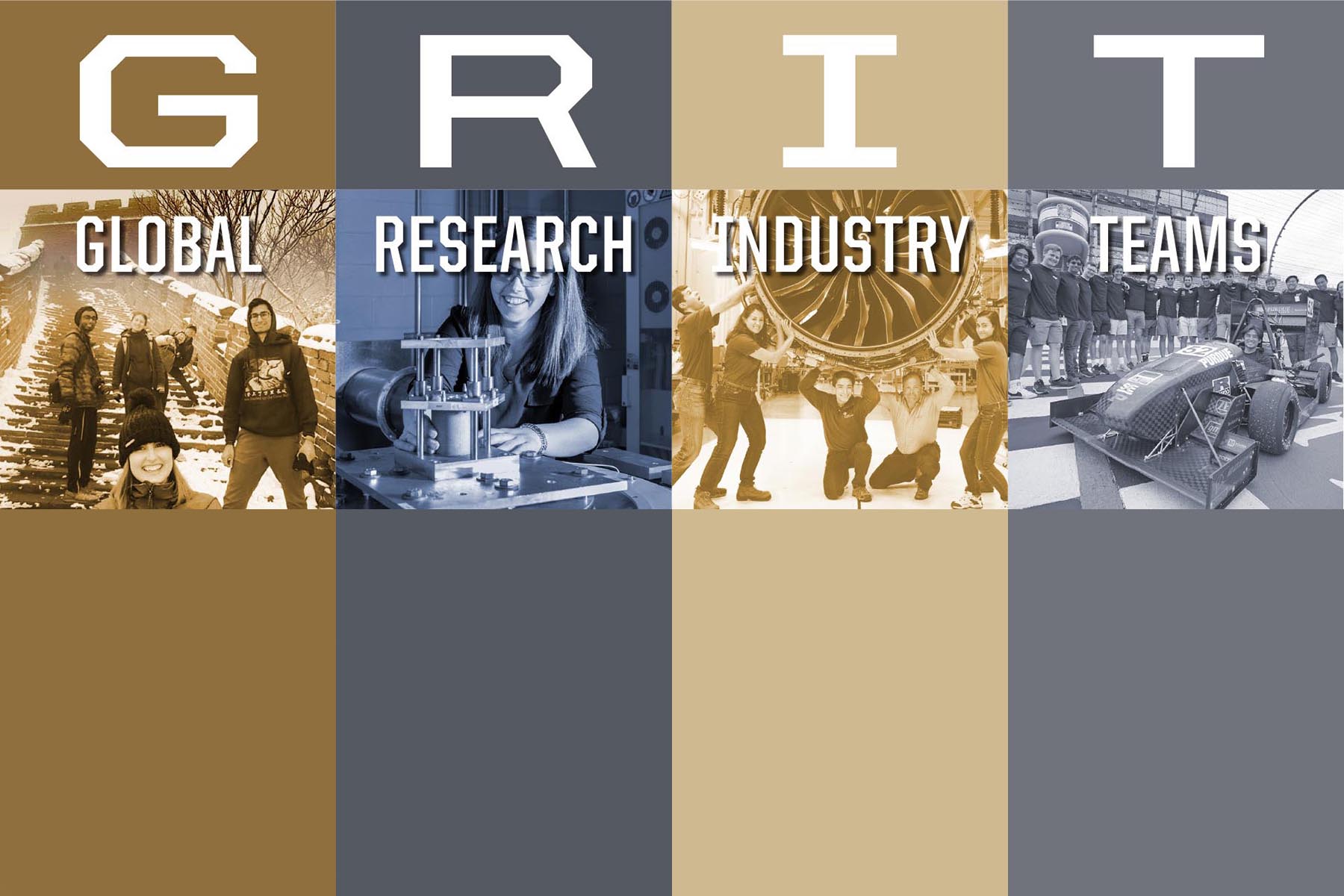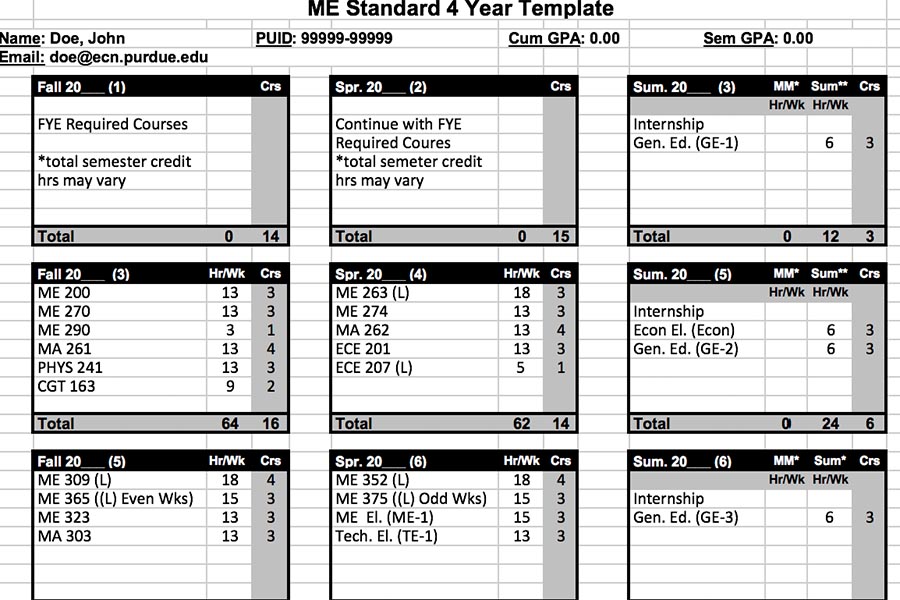 Welcome to the Undergraduate Program at Purdue Mechanical Engineering!
Welcome to the Undergraduate Program at Purdue Mechanical Engineering!
You've made a great decision to pursue a degree in Mechanical Engineering. Purdue is the largest mechanical engineering program in the country, where you'll have access to world-class facilities, experienced professors, and exciting internships and co-op opportunities. You'll also have a head start to numerous career fields, from automotive to aerospace, biomedical to manufacturing.
585 Purdue Mall
West Lafayette, IN 47907
Email: MEundergrad@purdue.edu



